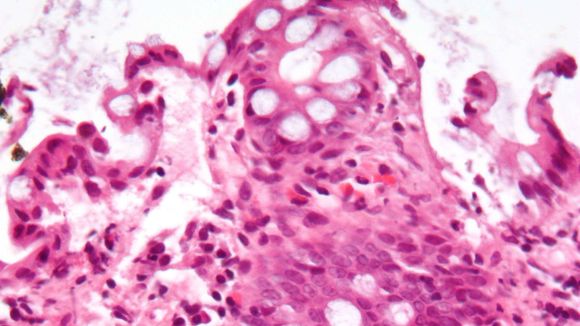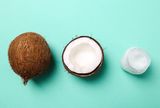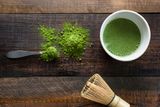Skin Problems
Erythema Nodosum is a skin manifestation linked to Crohn's Disease, characterized by painful red bumps and ulcers.The underlying inflammation triggers these skin issues. While topical treatments may provide relief, addressing the gastrointestinal inflammation is vital for lasting improvements.
Joint Pain
Enteropathic Arthritis, a condition linked to Crohn's Disease, manifests as joint pain and swelling due to the immune system mistakenly attacking the joints.
Turmeric (Curcuma longa), known for its anti-inflammatory properties, may complement standard treatments and assist in alleviating joint pain.
Mouth Ulcers
Oral ulcers and sores can be early signs of Crohn's Disease.
Aloe vera (Aloe barbadensis miller) possesses anti-inflammatory and wound-healing properties, which may help manage oral ulcers when applied topically.
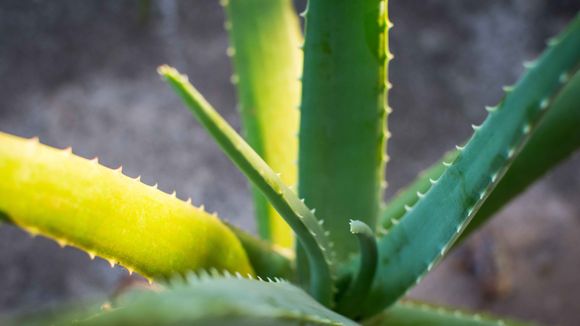
Photo by Thaismara Figueredo on Unsplash
Eye Irritation
Uveitis, causing redness and irritation of the eyes, can be related to Crohn's Disease.
Omega-3 fatty acids found in fish oil have anti-inflammatory effects and may assist in managing eye inflammation.
Fatigue and Anemia
Chronic fatigue and anemia are common in Crohn's Disease due to nutrient malabsorption and inflammation.
Herbal supplements like iron-rich nettles (Urtica dioica) can complement conventional treatments to combat fatigue and improve iron levels.
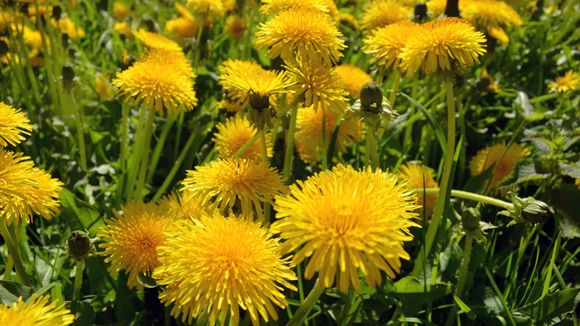
Photo by Viridi Green on Unsplash
Kidney Stones
Crohn's Disease increases the risk of kidney stones due to altered urine pH levels.
Dandelion root (Taraxacum officinale) has diuretic properties that may help flush out the urinary system and reduce the risk of kidney stones.
Psychological Symptoms
Anxiety, depression, and mood swings can impact individuals with Crohn's Disease.
While not a replacement for professional therapy, adaptogenic herbs like Ashwagandha (Withania somnifera) may aid in managing stress and promoting overall well-being.
Mouth Dryness
Xerostomia (dry mouth) can occur in Crohn's Disease due to reduced saliva production.
Slippery elm (Ulmus rubra) with its demulcent properties can soothe and lubricate the mouth, providing relief from dryness.
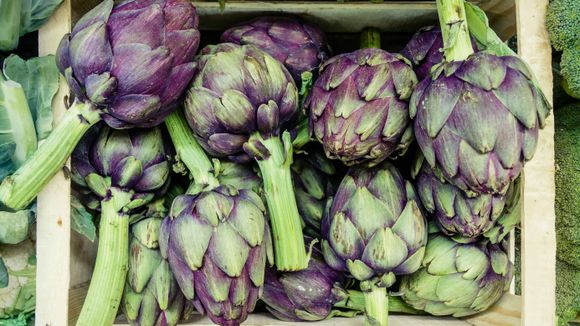
Photo by Martin Adams on Unsplash
Gallstones
Crohn's Disease affects the gallbladder's normal functioning, increasing the risk of gallstone formation.
Artichoke extract from Cynara scolymus has been studied for its potential in supporting gallbladder health and promoting bile flow.
Delayed Growth and Puberty
In children and teenagers with Crohn's Disease, delayed growth and puberty may occur due to nutrient deficiencies and chronic inflammation.
Nutrient-dense foods like spirulina (Arthrospira platensis) can offer additional nutritional support.
Anticancer Properties
Additionally, some natural remedies used in managing Crohn's Disease, such as turmeric (Curcuma longa), have been studied for their potential anticancer properties. Turmeric contains curcumin, a compound with promising anti-cancer effects in preclinical studies.

Photo by Towfiqu barbhuiya on Unsplash
Questions and Answers
Q: Can Crohn's Disease lead to other complications besides gastrointestinal symptoms?
A: Yes, Crohn's Disease can cause skin problems, joint pain, eye irritation, kidney stones, and psychological symptoms, among others.
Q: How can I manage joint pain associated with Crohn's Disease?
A: In addition to standard medical treatments, herbal remedies like turmeric (Curcuma longa) may help alleviate joint pain due to its anti-inflammatory properties.
Q: Is there a natural remedy for managing oral ulcers related to Crohn's Disease?
A: Aloe vera (Aloe barbadensis miller) possesses anti-inflammatory and wound-healing properties, which may help manage oral ulcers when applied topically.
Q: Can Crohn's Disease affect mental health?
A: Yes, Crohn's Disease can impact mental health, leading to symptoms like anxiety, depression, and mood swings. While natural remedies can complement professional therapy, they cannot replace it entirely.
Q: Are there any herbs or supplements that can help with managing dry mouth caused by Crohn's Disease?
A: Slippery elm (Ulmus rubra), known for its demulcent properties, can soothe and lubricate the mouth, providing relief from dryness.
References
- Erythema Nodosum in Inflammatory Bowel Disease
- Enteropathic Arthritis in Crohn's Disease
- Oral Manifestations of Crohn's Disease
- Uveitis in Inflammatory Bowel Disease
- Nettle Extracts as Iron Supplements
- Kidney Stones in Crohn's Disease
- Nutritional Considerations in Pediatric Crohn's Disease
- Curcumin as an Anticancer Agent
